Materials and Mechanisms
Ertekin Research Group, Department of Mechanical Science & Engineering
University of Illinois at Urbana-Champaign
About and Mission
In our research, we use computation, modeling, and simulation to gain insight into fundamental problems at the intersection of materials science, mechanics, and condensed matter physics. We use modeling and simulation to develop predictive relationships between structure and function, in order to enable materials discovery, design, and optimization using methods such as high-throughput computation, materials informatics, and inverse materials design. Further insight into our computational results is obtained through regular collaborations with experimental groups through sustained, closed-loop feedback and interaction. We are especially interested in obtaining understanding and control over the microscopic processes in materials that enable energy conversion and storage, thermal properties, transport in the solid state, and unique behaviors in low-dimensional/nanostructured systems. On the applications side, our current interests are in battery materials, thermoelectrics, solid oxide fuel and electrolysis cells, and wide band gap semiconductors for power electronics. On the methodological side, we are pursuing the development of data science/machine learning approaches rooted in probabilistic modeling and designed from the outset for the materials domain.
Our group is dedicated to providing a welcoming, respectful, and inclusive environment for everyone. We value strong relationships, mentoring, close collaboration and perspectives from diverse backgrounds as we work towards our goals in creating a sustainable and healthy future through insights gained by carrying out robust, transparent science.
Research
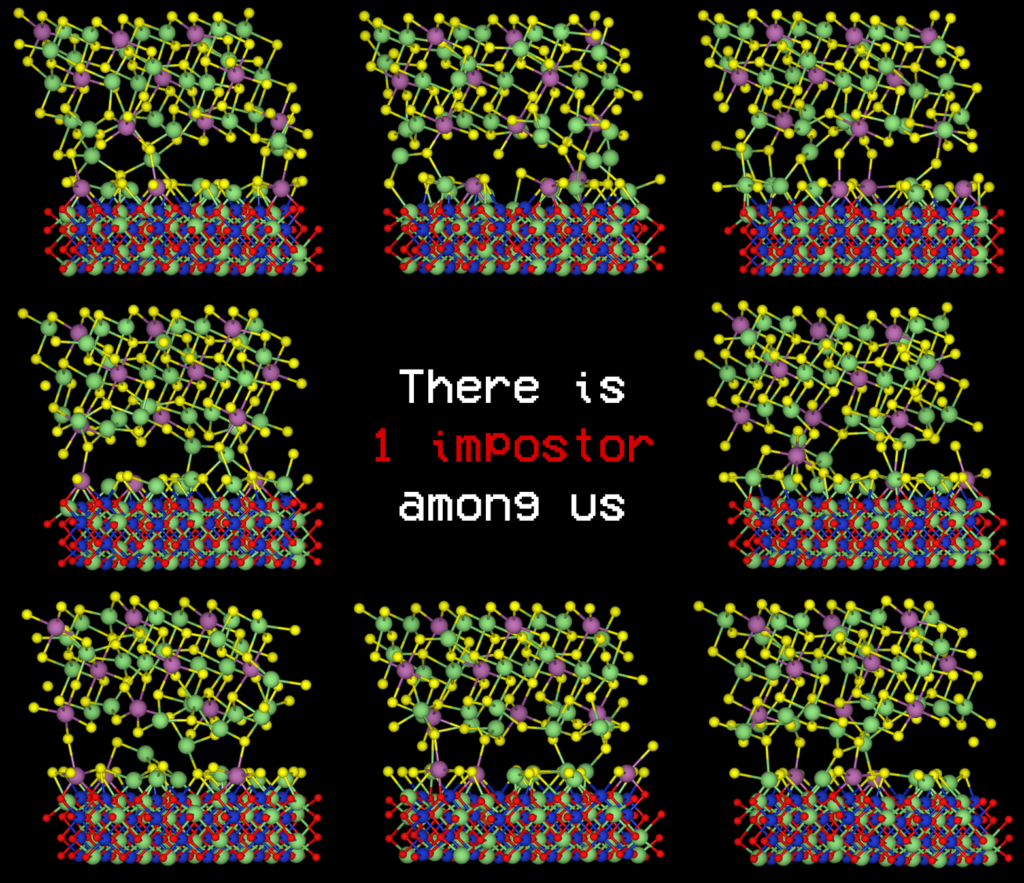
Generative modeling of battery interfaces
We are developing generative models to overcome difficulties in modeling complex interface structures, by training neural networks to generate energetically favorable structures.
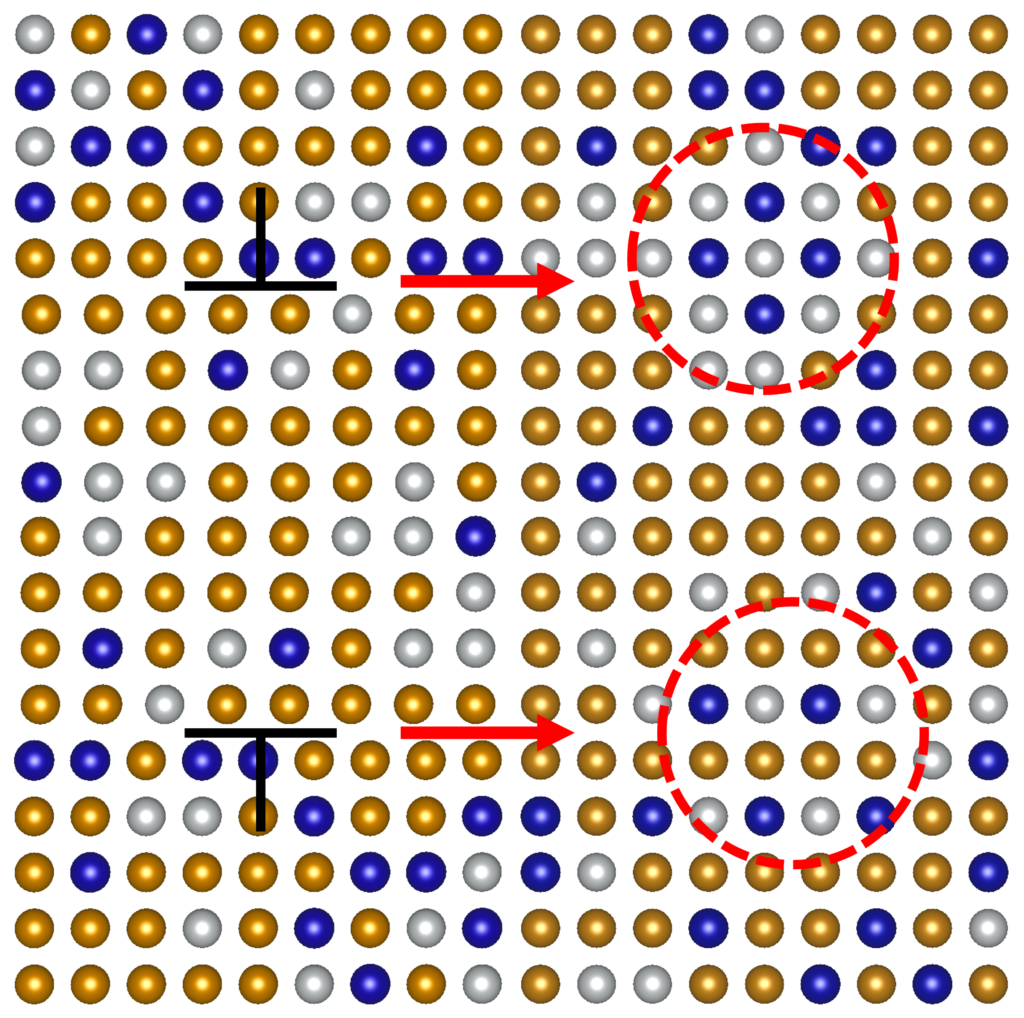
Interaction between short-range order and dislocation motion
We aim to understand the nature of short-range order of alloys in hydrogen environments to provide new insight into hydrogen embrittlement.
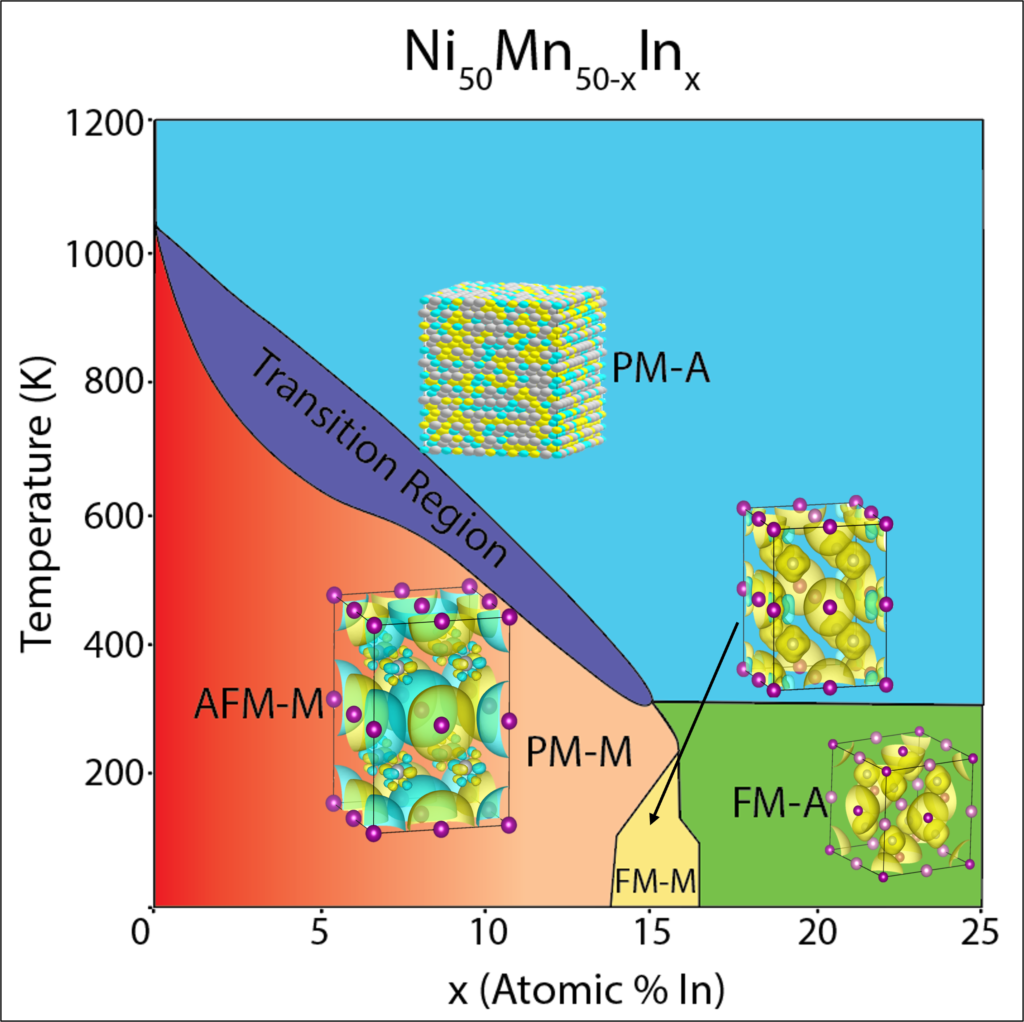
Modeling magneto-structural phase transformations
We are developing predictive models of the coupled magnetic and structural phase transformations in magnetic shape memory alloys.
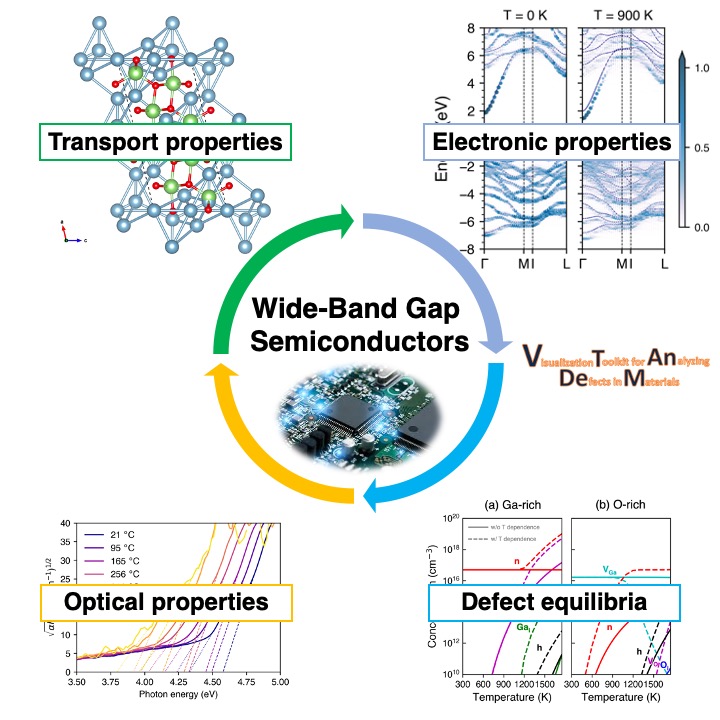
First-principles characterization of wide-band gap materials
We aim to understand fundamental material properties of wide-band gap materials, such as light-absorption, electronic properties, and transport mechanisms, and to discover unknown wide-band gap materials by combined first-principles approaches.
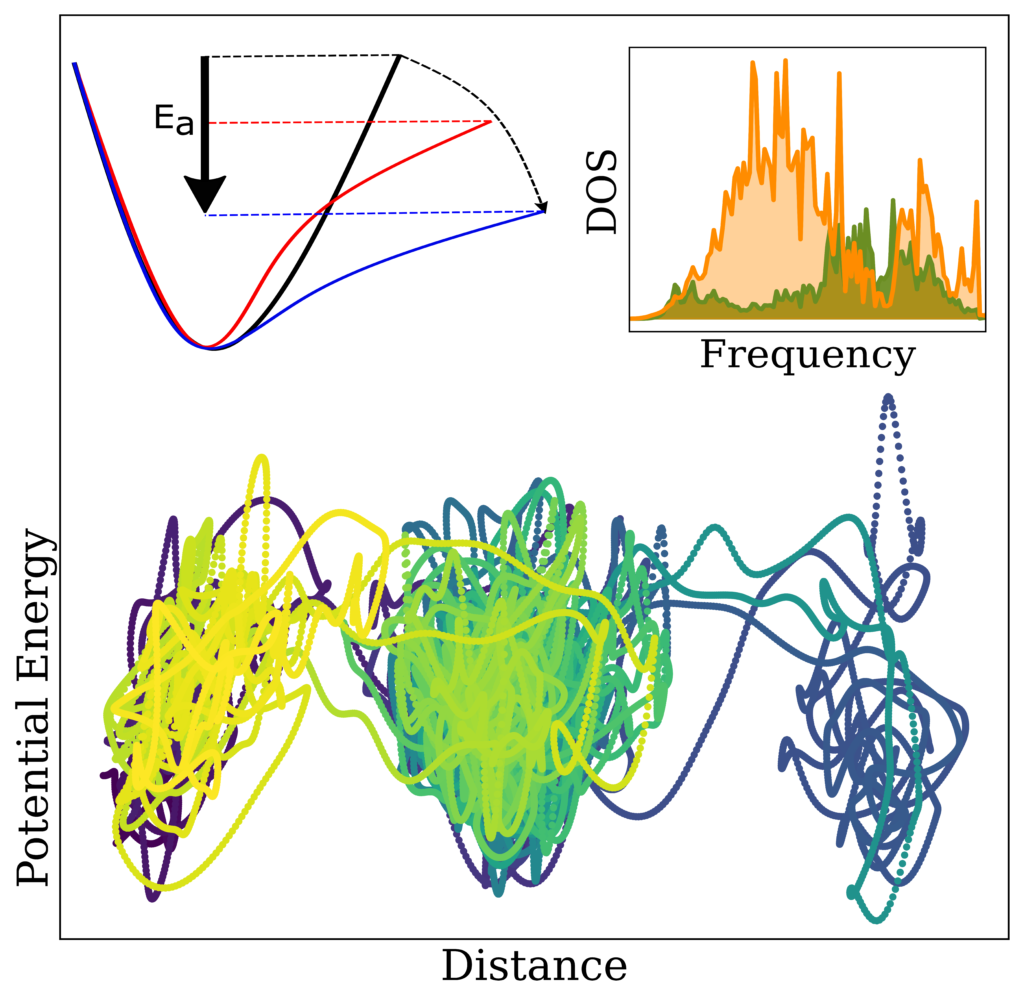
Understanding the link between vibrational dynamics and superionic diffusion
We are investigating the complex atomic dynamics leading to liquid like ionic mobility in superionic conductors.
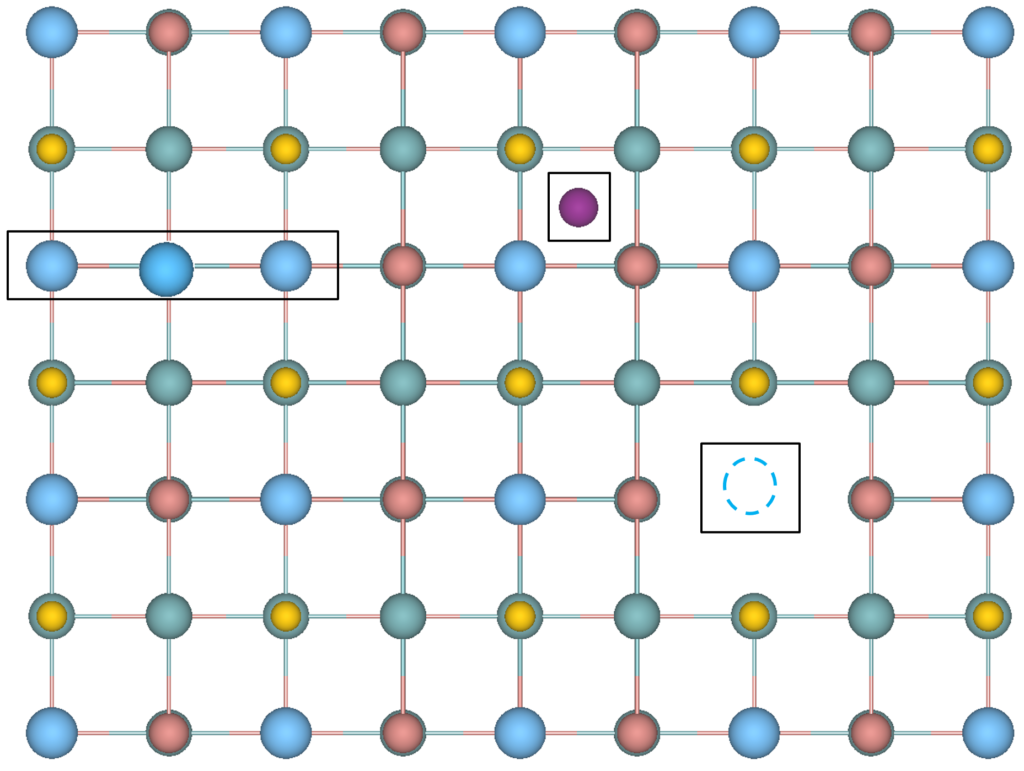
Modeling disordered systems
We aim to develop models to investigate intrinsic and extrinsic defects in disordered energy materials to optimize performance.
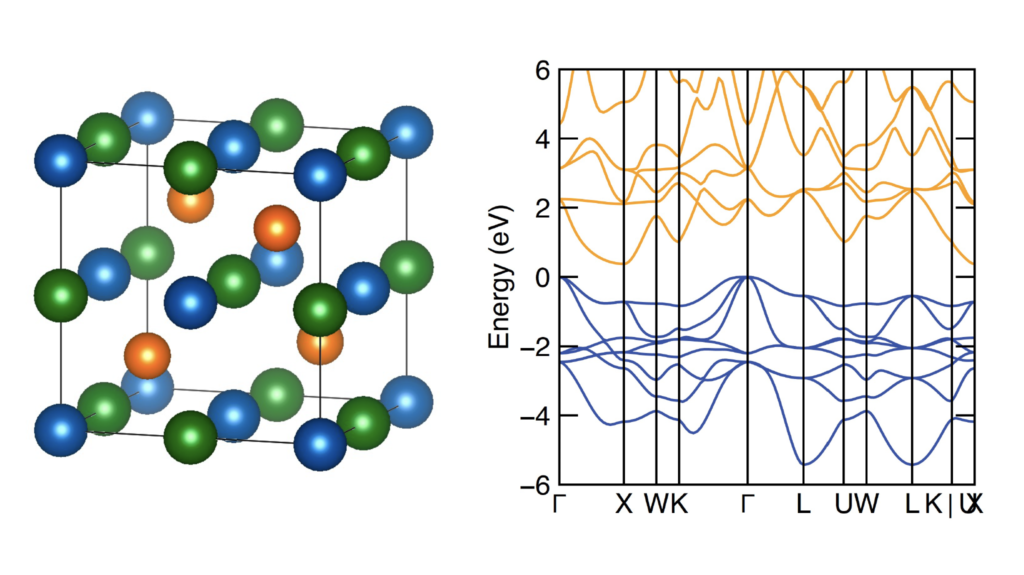
High-Throughput Screening of Novel Thermoelectrics
We are exploring a broad range of the half-heusler chemical space to better understand what material compositions and electronic structures lead to successful thermoelectrics.
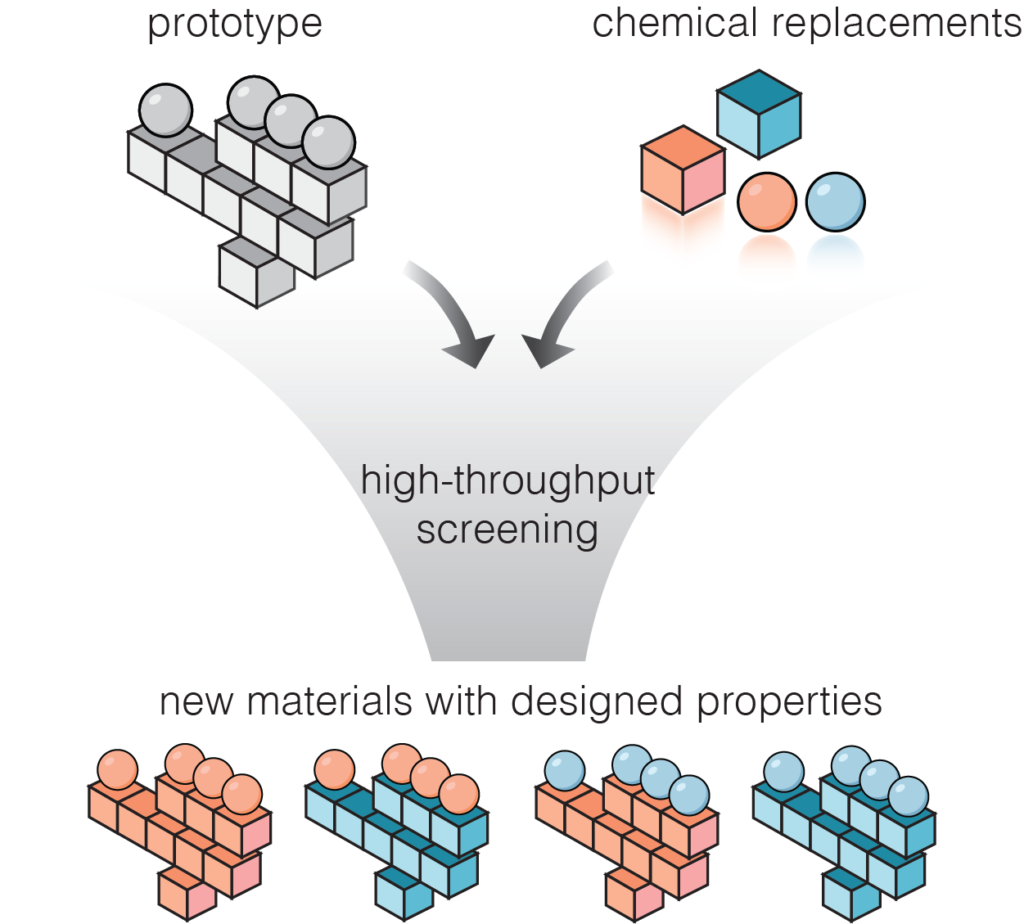
Computational design of thermoelectrics with targeted functionality
We design computational workflows to screen promising materials with high thermoelectric performance and discover new materials with similar properties like transport, and dopability.
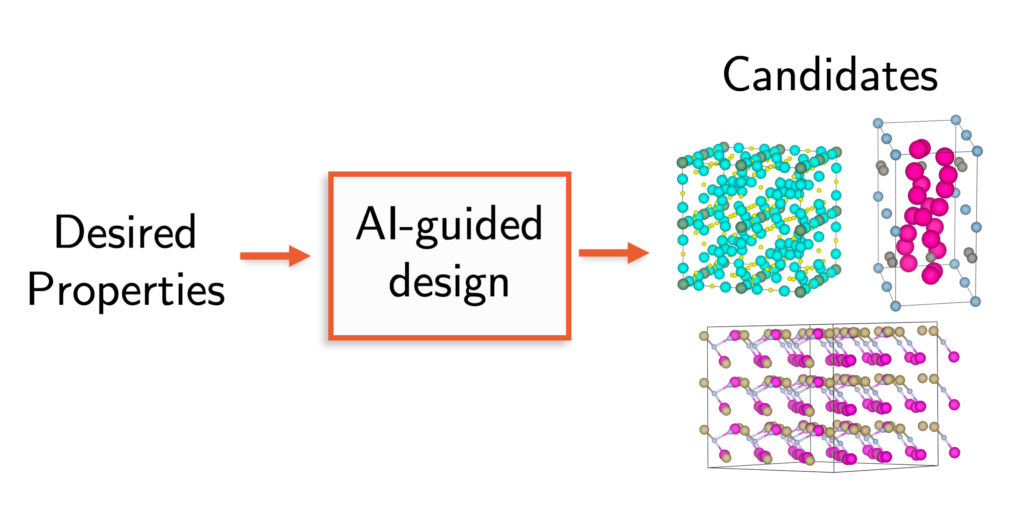
Machine learning-guided materials design
We are developing few-shot and generative machine learning methods to handle data scarcity and accelerate materials design.
Group
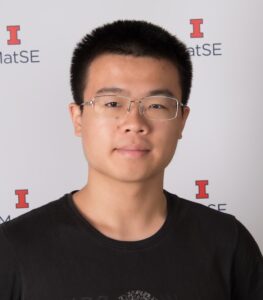

Tianyu Su (he/him)
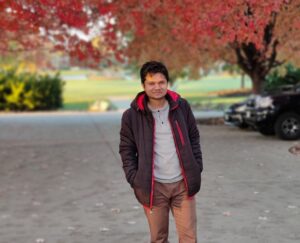

Tawfiq Rakhib (he/him)
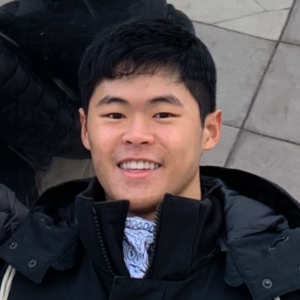
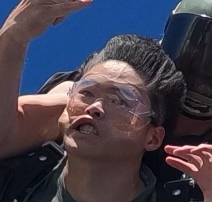
Rees Chang (he/him)
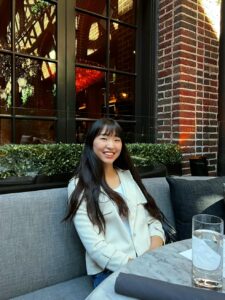

Kelly Hwang (she/her)
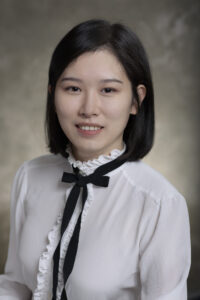

Jiaxing Qu (she/her)
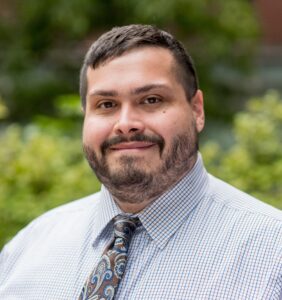

Isiah Ramos (he/him)
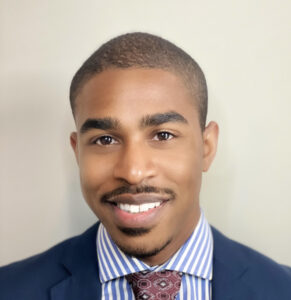

Grady Clopton (he/him)
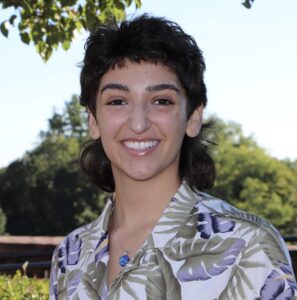
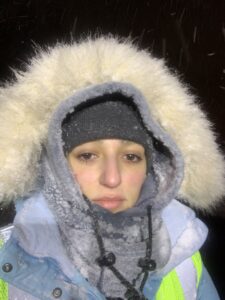
Grace McKnight (he/him, she/her, they/them)
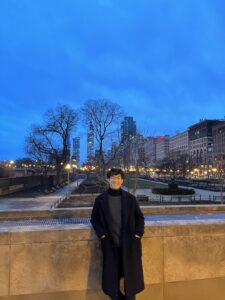
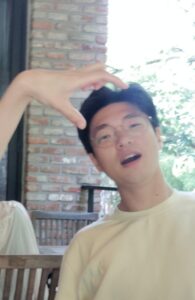
Channyung Lee (he/him)
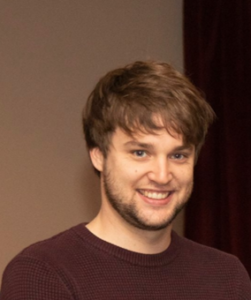

Brian Blankenau (he/him)

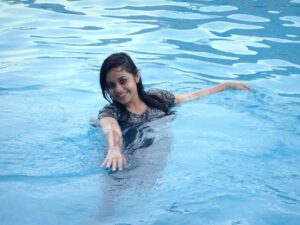
Ferdaushi Alam Bipasha (she/her)


Ballal Ahammed (he/him)
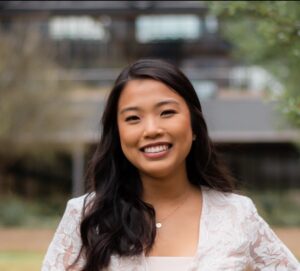
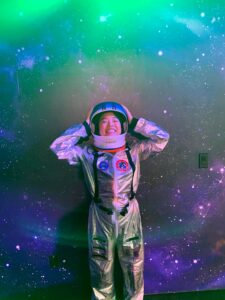
Angela Pak (she/her)
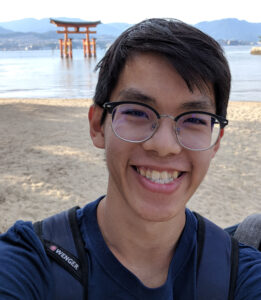
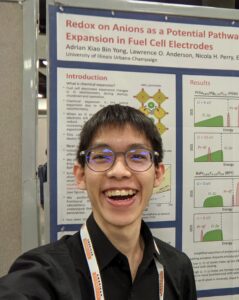
Adrian Xiao Bin Yong (he/him)
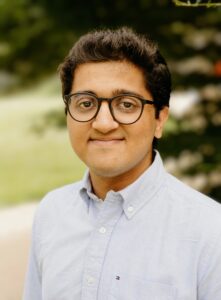

Aagam Shah (he/him)
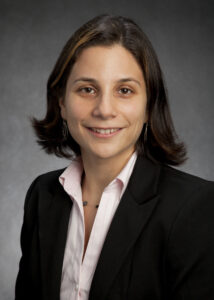
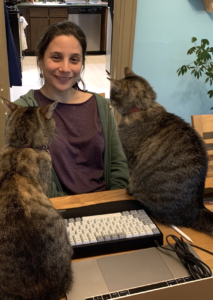
Elif Ertekin (she/her)
Boss Lady-ish
Publications
2023
- Adrian Xiao Bin Yong, Lawrence Anderson, Nicola H. Perry, Elif Ertekin. "Effects of State Filling and Localization on Chemical Expansion in Praseodymium-Oxide Perovskites", J. Mater. Chem. A 11 4045 (2023). DOI: 10.1039/D2TA06756K
- Kamil M. Ciesielski, Brenden R. Ortiz, Lidia C. Gomes, Vanessa Meschke, Jesse M. Adamczyk, Tara L. Braden, Dariusz Kaczorowski, Elif Ertekin, Eric S. Toberer. "Strong Scattering from Low-Frequency Rattling Modes Results in Low Thermal Conductivity in Antimonide Clathrate Compounds", Chem. Mater. 35 2918 (2023). DOI: 10.1021/acs.chemmater.2c03821
- Michael Y. Toriyama, Jiaxing Qu, Lidia C. Gomes, Elif Ertekin. "VTAnDeM: A Python Toolkit for Simultaneously Visualizing Phase Stability, Defect Energetics, and Carrier Concentrations of Materials", Computer Phys. Commun 287 108691 (2023). DOI: 10.1016/j.cpc.2023.108691
- Channyung Lee, Nathan D. Rock, Ariful Islam, Michael A. Scarpulla, Elif Ertekin. "Electron-phonon effects and temperature-dependence of the electronic structure of monoclinic beta-Ga2O3", APL Materials 11 11106 (2023). DOI: 10.1063/5.0131453
- Nicholas Weadock, Tyler Sterling, Julian Vigil, Aryeh Gold-Parker, Ian Smith, Ballal Ahammed, Matthew Krogstad, Feng Ye, David Voneshen, Peter Gehring, Andrew M. Rappe, Hans-Georg Steinruck, Elif Ertekin, Hemamala Karunadasa, Dmitry Reznik, Michael Toney. "The nature of dynamic local order in CH₃NH₃PbI₃ and CH₃NH₃PbBr₃", Joule 7 1051 (2023). DOI: 10.1016/j.joule.2023.03.017
View all publications here.
Outreach and Teaching
Coming Soon
This section intentionally left blank. Sorta.
Contact
How to contact Elif:
E-mail is your best bet, even for those students who are here on campus already. I will do my best to respond to you within a reasonable time frame.